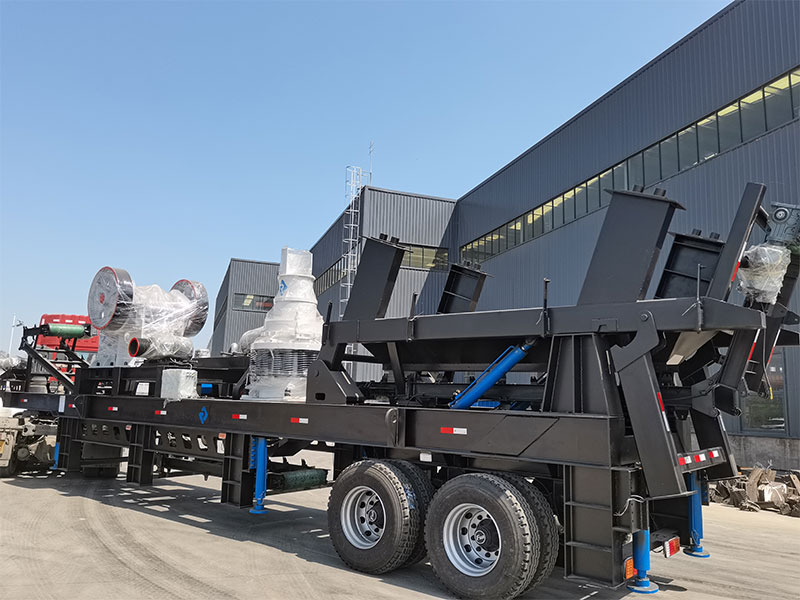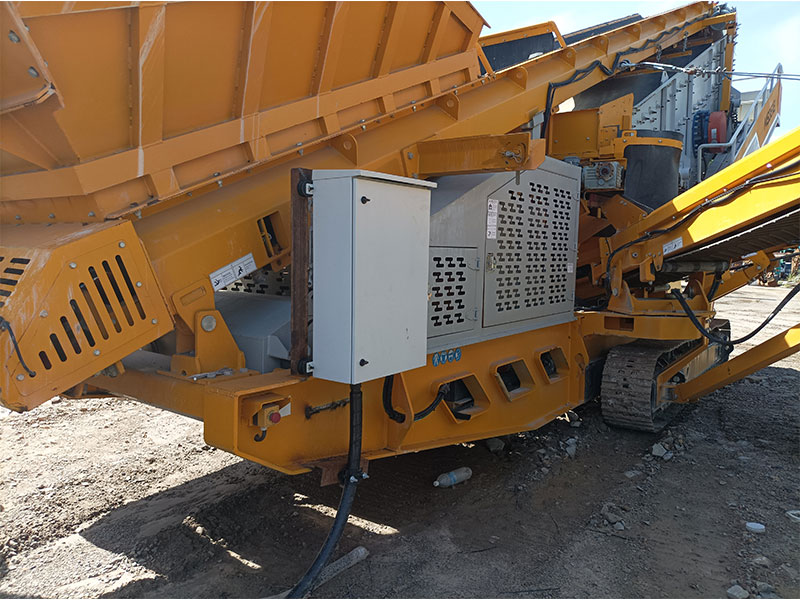In the heart of industries that shape the modern world, the humble stone crusher plays a crucial role. Often overlooked, this powerful machine bears the responsibility of transforming raw stones into usable aggregates that fuel construction, infrastructure development, and various other projects.
Economic Foundations of Stone Crushing
At its core, stone crushing is an economically viable industry. As demand for construction materials continues to rise, the need for crushed stone, gravel, and sand remains insatiable. Stone crushers are the linchpins of this process, breaking down large rocks into smaller, more manageable sizes. These smaller aggregates are essential in the production of concrete, asphalt, and various construction materials.

The economics of stone crushing are multifaceted. The industry provides employment opportunities, both directly for those operating the mobile crushing plants and indirectly for those in transportation, maintenance, and other related fields. Furthermore, it fosters regional development by supplying the materials necessary for building roads, bridges, buildings, and other infrastructure. The revenue generated from the sale of these materials contributes to local and national economies, creating a ripple effect that stimulates growth.
Environmental Considerations and Ecological Impact
While stone crushing has undeniable economic importance, it also has ecological implications that warrant careful examination. One of the primary concerns is the potential disruption of natural habitats. Quarrying for raw materials can lead to the destruction of ecosystems and wildlife habitats, altering the delicate balance of local flora and fauna. This raises the need for responsible quarrying practices and post-extraction habitat restoration.

Moreover, the stone crusher plant process itself can produce dust, noise, and other pollutants that may have adverse effects on both the environment and human health. Dust from crushed stone can contribute to air pollution, leading to respiratory issues and other health concerns for nearby communities. Implementing effective dust control measures and noise reduction strategies is paramount to mitigate these impacts.
Innovations in Sustainable Stone Crushing
Recognizing the need to balance economic growth with environmental protection, the stone crushing industry is embracing innovative technologies and practices. One such approach is the utilization of advanced dust suppression systems that minimize airborne particles during the crushing process. Additionally, noise-reducing technologies are being employed to create a more harmonious coexistence with surrounding communities.
Recycling and reusing crushed stone and concrete waste are also gaining traction. By incorporating recycled aggregates into new construction projects, the industry reduces the demand for raw materials and minimizes waste. This not only conserves resources but also lowers the carbon footprint associated with stone production.
Finding the Middle Ground
Balancing the economics of stone crushing with ecological concerns requires a collaborative effort between industry stakeholders, policymakers, environmentalists, and communities. Governments can play a crucial role in enforcing regulations that promote responsible quarrying and sustainable practices. Incentives for adopting eco-friendly technologies and promoting research into innovative solutions can further drive positive change.
In conclusion, the stone crushing industry with a good cone crusher plant forms the bedrock of modern construction and development. Its economic significance cannot be understated, but neither can the ecological challenges it poses. By fostering a dialogue between economic growth and environmental protection, stakeholders can work together to ensure that stone crushing remains a driving force for progress while respecting the planet we inhabit. Through innovation, responsible practices, and a shared commitment to sustainability, we can pave the way for a harmonious coexistence between industry and ecology.
